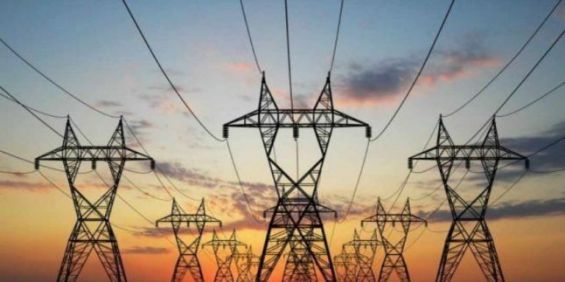
Morocco has taken a significant step toward energy autonomy with the adoption of a law regulating electricity self-production.
The law,approved by the cabinet on October 23,aims to decentralize power generation and strengthen the kingdom’s energy resilience amid rising demand and slowing renewable output.
The move comes as Morocco faces mounting energy pressures. National electricity output grew 5.3% in the first eight months of 2025,driven by private producers (+7.5%) and the state utility ONEE (+5.7%),according to the Finance Ministry’s DEPF. Yet renewable generation fell 11%,reversing last year’s 39% surge. Meanwhile,demand soared 6.7%,pushing imports up 27.5% and slashing exports by nearly 30%.
The law,presented by Energy Transition and Sustainable Development Minister Leila Benali,sets out the conditions for building and operating self-production facilities. It complements provisions in Law 82-21 and introduces three regulatory regimes: declaration,connection approval,and authorization.
These frameworks are designed to ensure clear oversight and compliance,according to government spokesperson Mustapha Baitas.
The text details rules for off-grid installations and those connected to low-voltage networks,including approval procedures,operating standards,and penalties for non-compliance. However,a related decree on revising capacity limits for surplus production was postponed for later discussion.
By enabling citizens and private actors to generate their own power,the government hopes to curb import dependence and bolster grid resilience. Analysts see the decree as a strategic response to Morocco’s energy challenges and a key step toward a more participatory,decentralized transition.
United News - unews.co.za